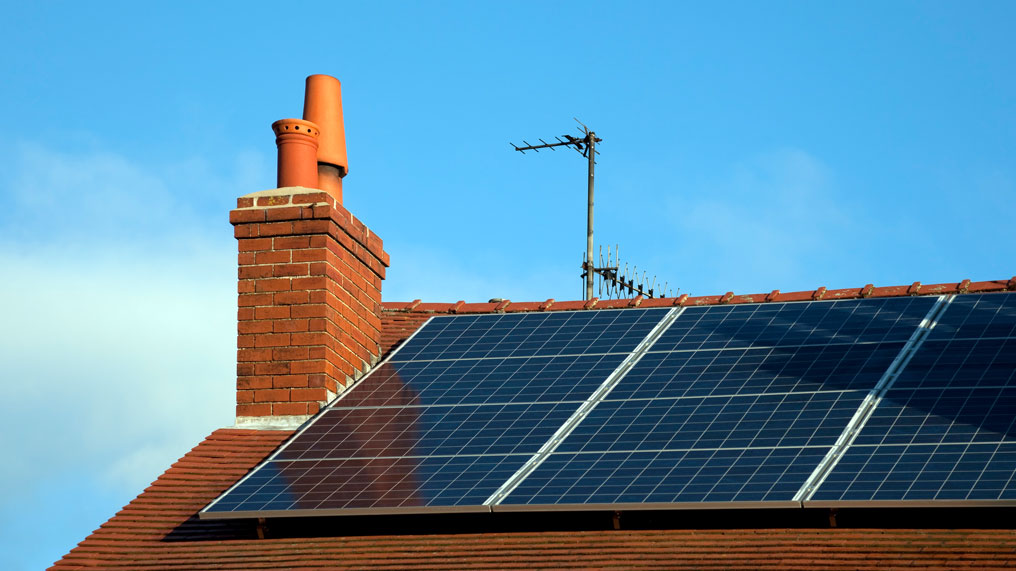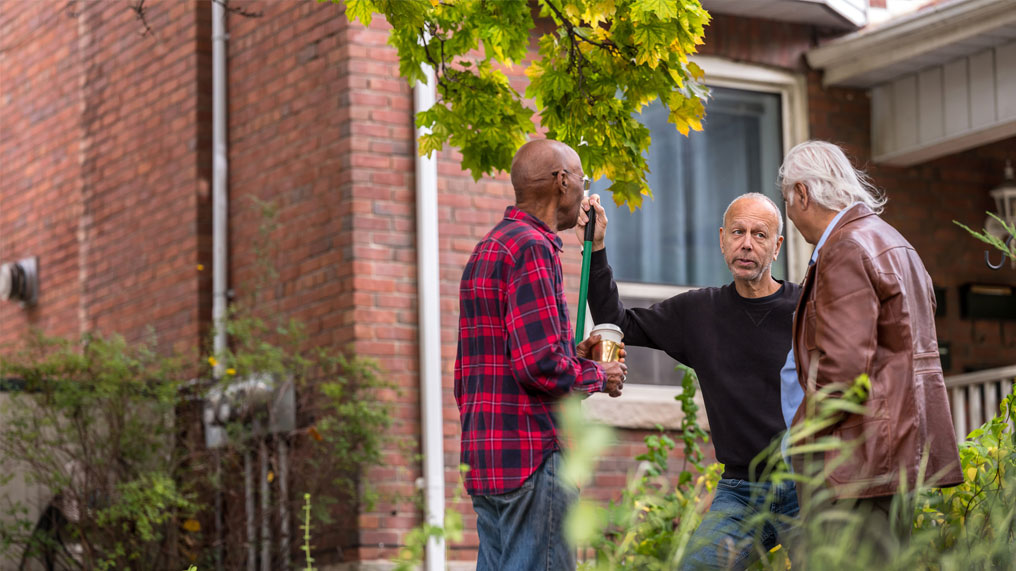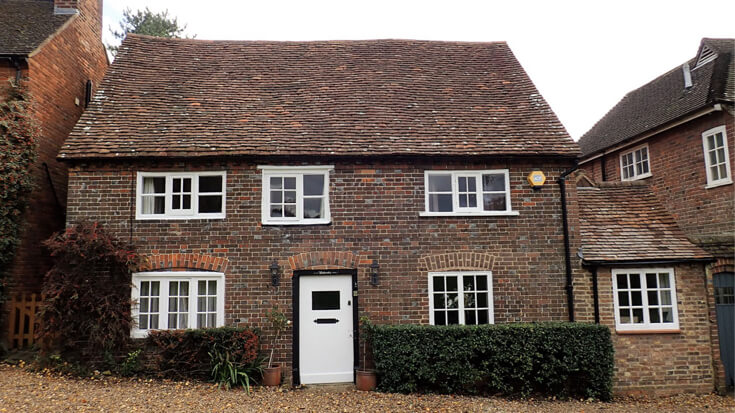Thousands of people buy holiday homes overseas every year, but rushing into a foreign property purchase could end up costing you dear.
Here’s what you need to know if you’re planning on buying a home in the sun.
Do plenty of research
You might have fallen in love with a property abroad, but don’t be tempted to make a spontaneous purchase without doing plenty of research first.
Any property abroad should always be investigated thoroughly, both legally and structurally, before you buy. For example, does the vendor definitely own the title deeds to the property and land, and if the property is a new build, do the title deeds actually exist?
It’s a good idea to try to speak to other Brits who have bought in the same area to see if there are any issues you need to be aware of.
Seek independent advice
If you want mortgage or legal advice when buying your property abroad, always deal with an English-speaking regulated advisor or lawyer, rather than going for one which has been suggested to you by the estate agent.
If you don’t use a lawyer who is licensed to practice, you will have little redress if you are given poor advice.
A spokesman for overseas mortgage specialists Conti Mortgages Overseas said: “You should always go through the same process that you would follow if you were buying a property in the UK and this includes consulting a good independent lawyer and ensuring that an independent valuation of the property takes place, even if it’s a cash purchase. There’s nothing to be gained, and everything to lose, by cutting corners and taking unnecessary risks.”
Remember to factor in taxes
When it comes to your calculations, don’t forget to include property taxes in the country you are buying.
For example, according to Rightmove Overseas, buyers in France should expect to pay between 7-8% of their property’s value in taxes and fees. These include a property transfer tax, which is similar to stamp duty and ranges from 4% to 5%, plus solicitor fees, which range from 1% to 3% of the property’s value.
Bear in mind that taxes could change following Britain’s decision to leave the EU, but this shouldn’t happen for at least a couple of years.
Get help from a foreign currency specialist when transferring funds to buy an overseas property
Fluctuating foreign exchange rates can make a real difference to the cost of buying a home abroad.
Don’t automatically go to your high street bank to arrange your currency transfers as their fees will often be much higher than going to a currency specialist.
Specialists also have access to tools which can protect you from falling exchange rates. For example, some allow you to lock into a certain rate before you make your transaction, so you know exactly how much it’s going to cost you.
Make sure your property is insured
Comprehensive buildings and contents cover is vital if you are buying a holiday home abroad, particularly as you won’t be living there the whole time.
You’ll need to let your insurer know how much time you tend to spend there each year and whether friends or family will be visiting the property when you aren’t there.
Remember ongoing costs
Don’t forget that there will be ongoing costs once you’ve picked up the keys to your holiday home. These may include annual property tax, refuse collection, mains drainage fees and community fees if your holiday home is part of a larger property development.




